An open court hearing of cases is one of the fundamentals on which the edifice of our judiciary stands
The Centre announced a countrywide lockdown on March 24 in view of the COVID-19 pandemic. Courts were also forced to suspend their work and then they gradually moved towards the video-conferencing mode to hear urgent matters. As the lockdown ended on May 31, the Bar Council of India requested the Supreme Court (SC) to start open court hearings from June 1 but the seven-judge committee of the apex court declined the request. An open court hearing of the cases is one of the fundamentals on which the edifice of our judiciary stands. The apex court in the case of Naresh Shridhar Mirajkar Vs. State of Maharashtra 1966 held as thus: “It is well settled that in general all cases brought before the courts, whether civil, criminal or others, must be heard in open court. Public trial in open court is undoubtedly essential for the healthy, objective and fair administration of justice. A trial held subject to public scrutiny and gaze naturally acts as a check against judicial caprice or vagaries and serves as a powerful instrument for creating confidence of the public in the fairness, objectivity and impartiality of the administration of justice. Public confidence in the administration of justice is of such great significance that there can be no two opinions on the broad proposition that in discharging their functions as judicial tribunals, courts must generally hear causes in open and must permit the public admission to the courtroom.”
Recently in the Swapnil Tripathi Vs. Supreme Court of India 2018 case, Justice DY Chandrachud expressed similar views. On the same theme, Justice Brandeis of the American Supreme Court had famously remarked that “Sunlight is the best disinfectant.” Thus, open court hearings are the very essence of the judicial process and their importance cannot be overemphasised. At present, just about everything in India is “unlocked” and all the private enterprises as well as Government departments are open and working. On July 22, the Supreme Court Bar Association wrote a letter to the Chief Justice of India requesting to resume open court hearings in a phased and regulated manner but the seven-judge committee of the apex court again did not accept the request.
It will be relevant to mention here that pendency of cases before the Indian courts is enormous, although it is not the courts which are entirely responsible for it. There are about 3.5 crore cases pending throughout India. Out of this, there are about 44 lakh suits pending before 25 High Courts (HCs). The restricted hearing of cases through video-conferencing will not do any good in this situation. Due to non-resumption of regular court hearings, even lawyers throughout the country are struggling with their livelihoods.
Recently, in a different matter, a three-judge Bench of the SC in the case of S Kasi Vs. State, affirmed that an accused has to be granted bail if the police is unable to file a chargesheet within the prescribed period. According to Section 167(2) of the Code of Criminal Procedure (CrPC), the investigating officer has to file the chargesheet before the court within 90 days in case the offence is punishable with death or an imprisonment for a term of not less than 10 years and within 60 days in other offences, failing which, the accused has a right to get bail. The accused, S Kasi, applied for bail as the police failed to file a chargesheet in his case within the prescribed time. However, the Madras HC did not accept the bail application mainly on the reasoning that due to the outbreak of the COVID-19 pandemic, the SC has extended the limitation in all the proceedings vide its order dated March 23. The HC was of the view that the limitation for filing a chargesheet by the police also stood extended by virtue of that order. It appears that the HC passed the order taking into consideration the onerous duties which the police force has had to discharge as frontline Corona warriors. Nevertheless, on an appeal filed by the accused, the SC granted him bail by setting aside the order of the HC.
Throughout the country, the police force is performing the duties of frontline Corona warriors. This is in addition to their normal policing duties. Given the nature of their duties, thousands of policemen got infected and hundreds of them succumbed to the pandemic in the line of duty and the count is only rising on a daily basis. The police are grappling with the situation posed by the pandemic like any other institution. However, the SC did not deem it fit to allow any concession to the Investigation Officer from the compliance of provisions of Section 167(2) of the CrPC even in these extraordinary times. Undoubtedly the apex court passed the judgment with a view to protect the personal liberty of the accused. In the overall analysis, if the views of the SC in the S Kasi case are juxtaposed with the decision of the seven-judge committee, which has decided not to resume regular open court hearings, then one cannot help but notice the marked difference in the approach of the SC. It seems that the apex court has not applied the same yardstick to itself which it applied to the other State agencies during these times.
(The writer is a practising advocate in Punjab and Haryana High Court)







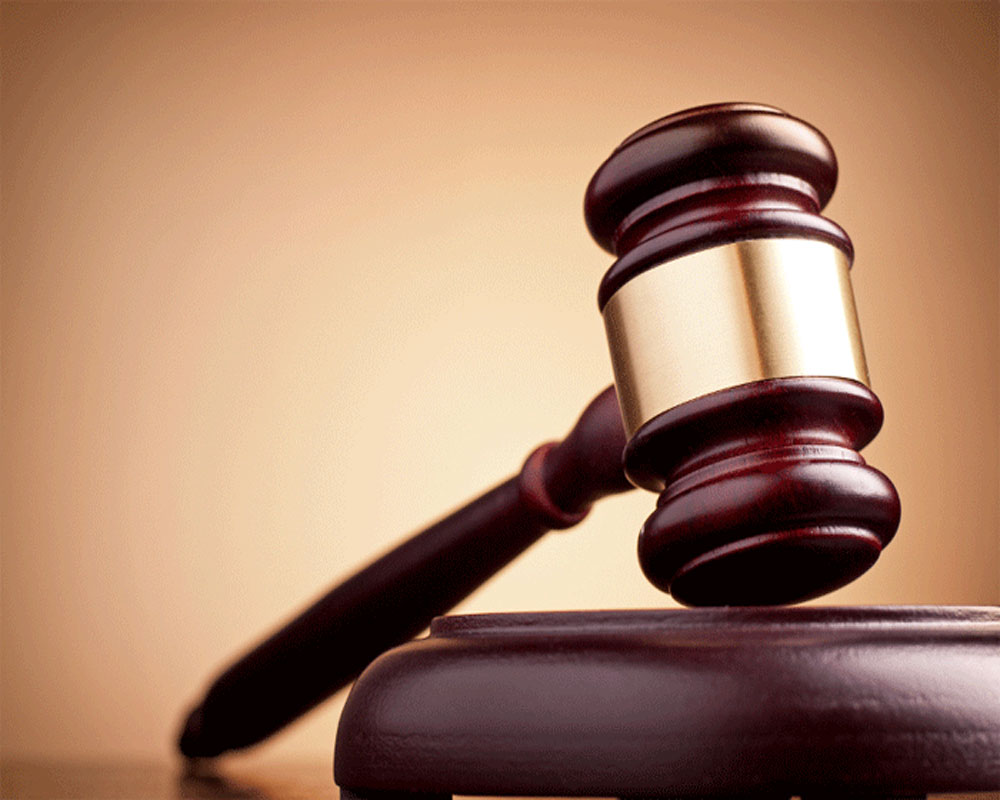
 OpinionExpress.In
OpinionExpress.In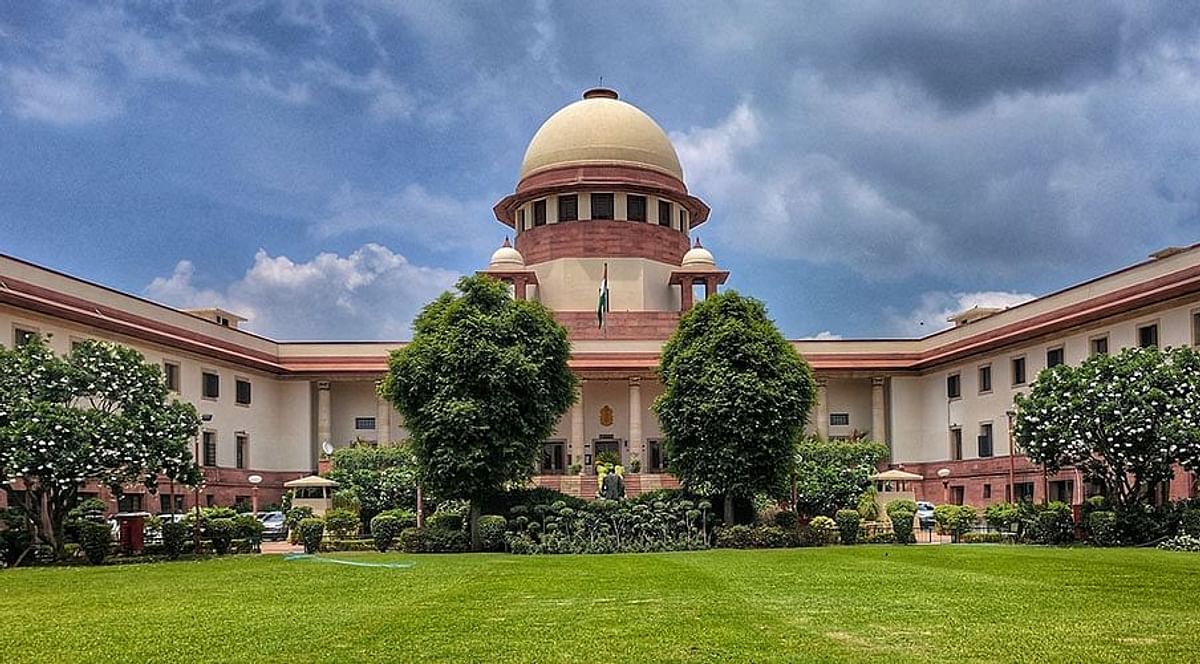
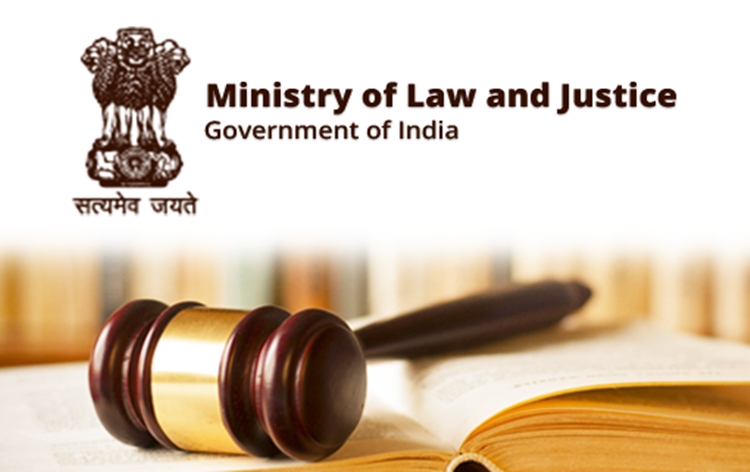
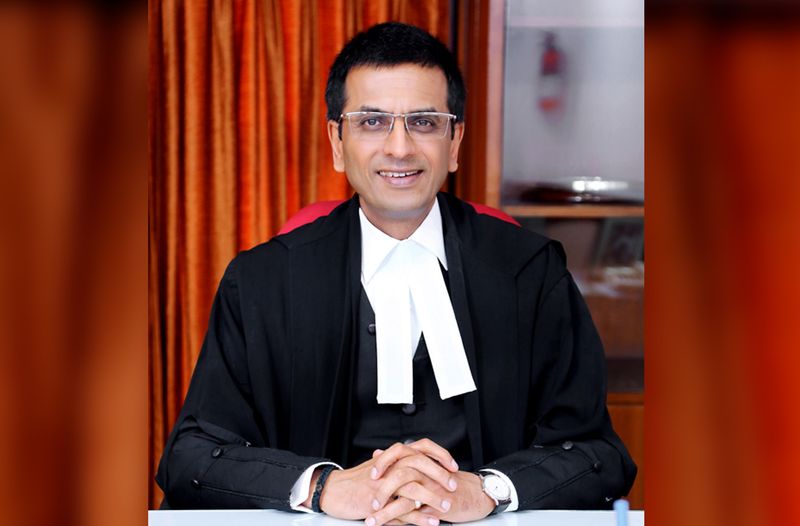
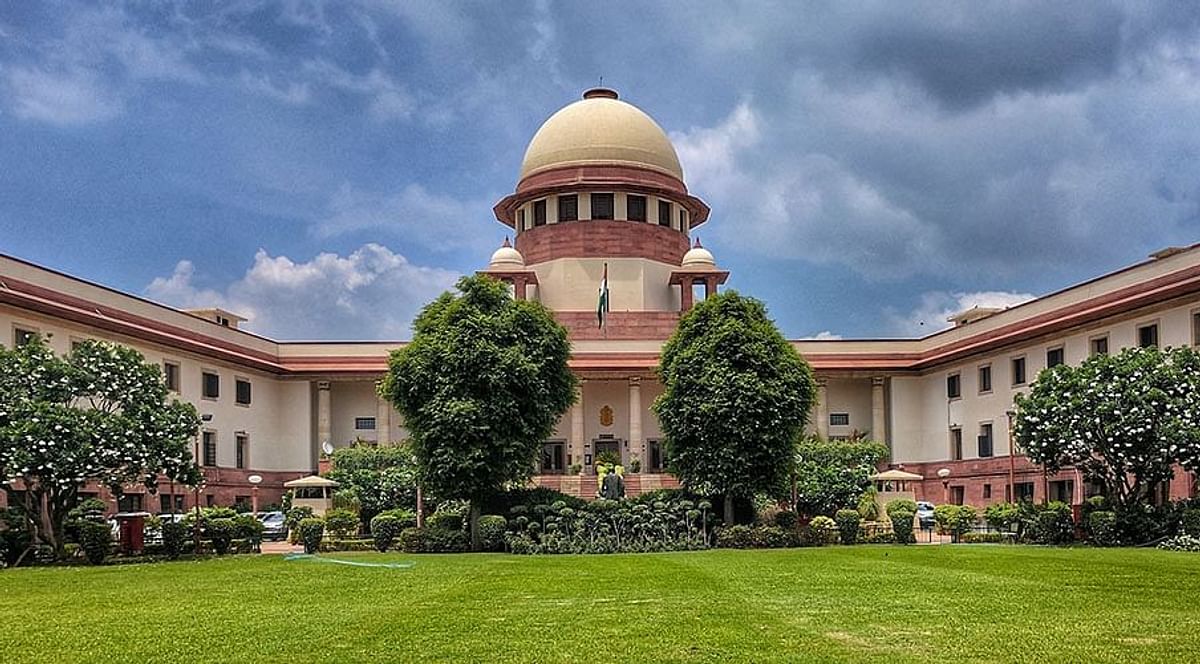
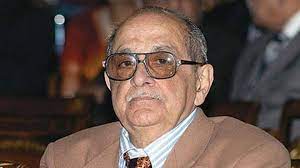
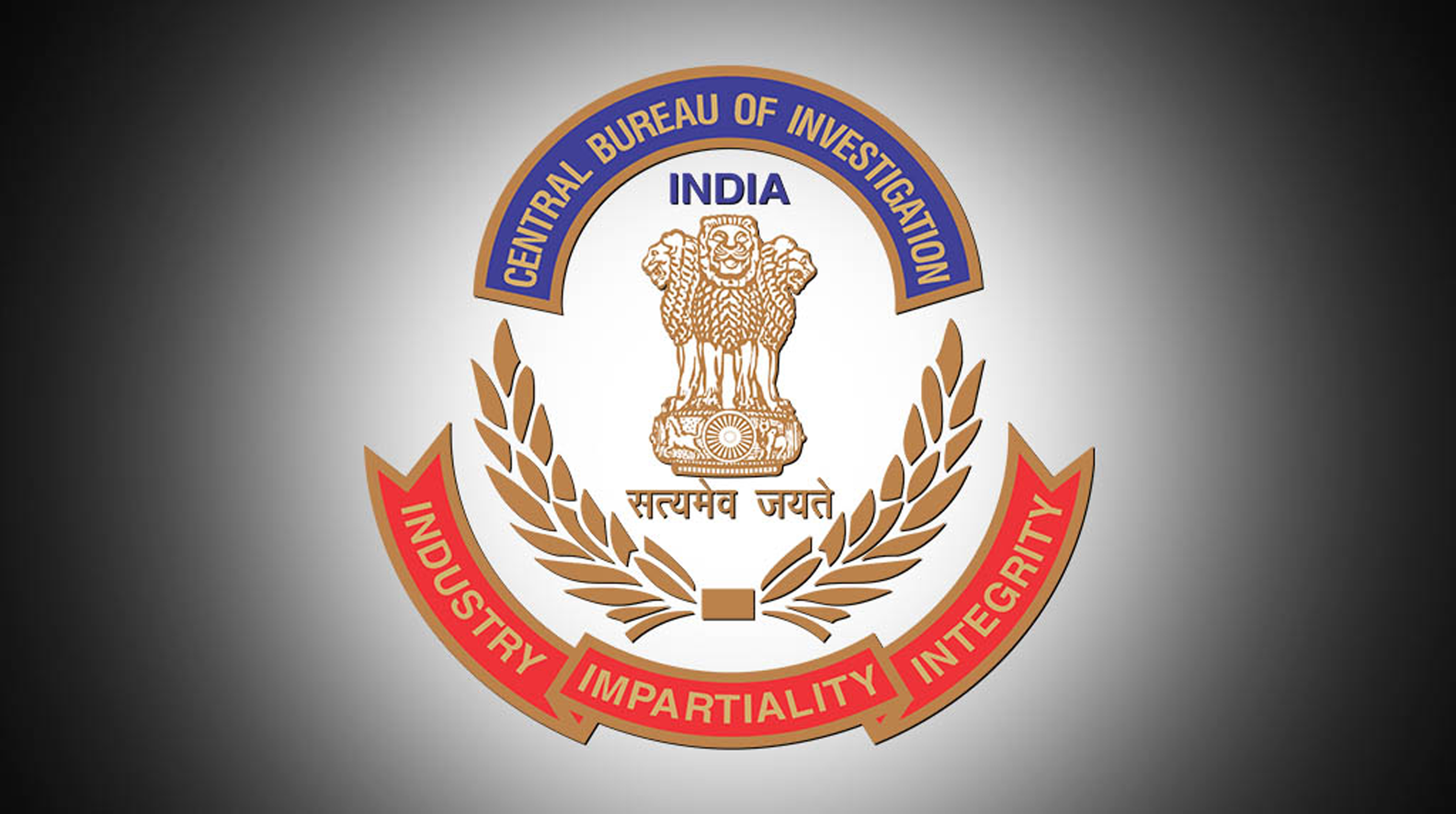
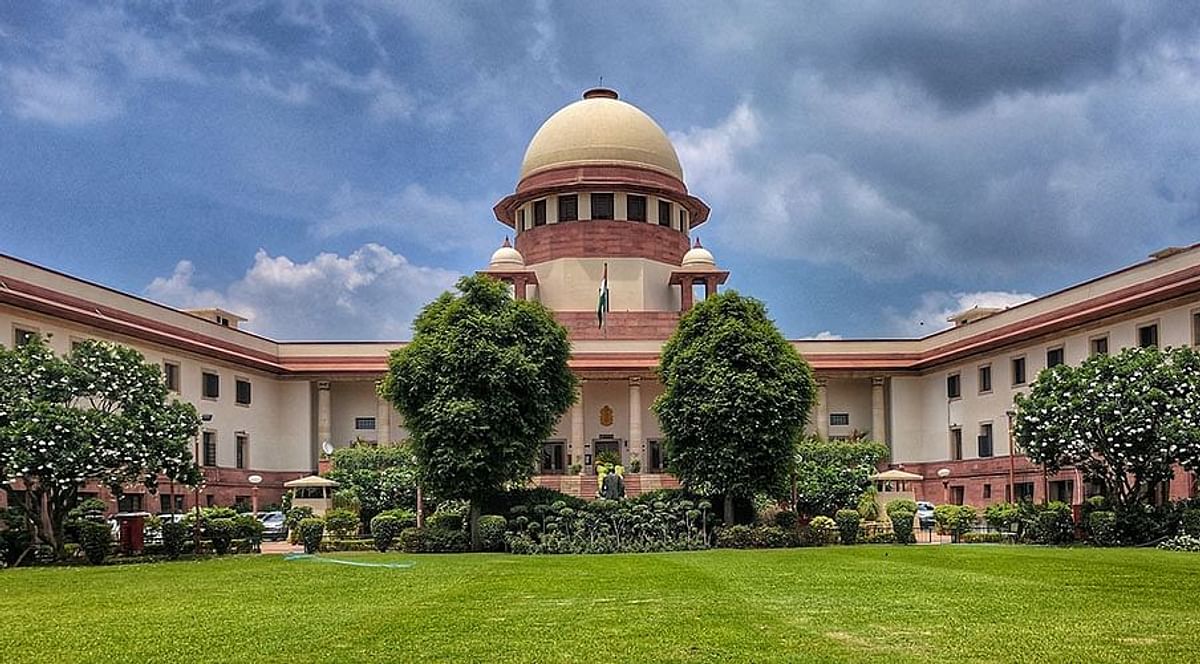
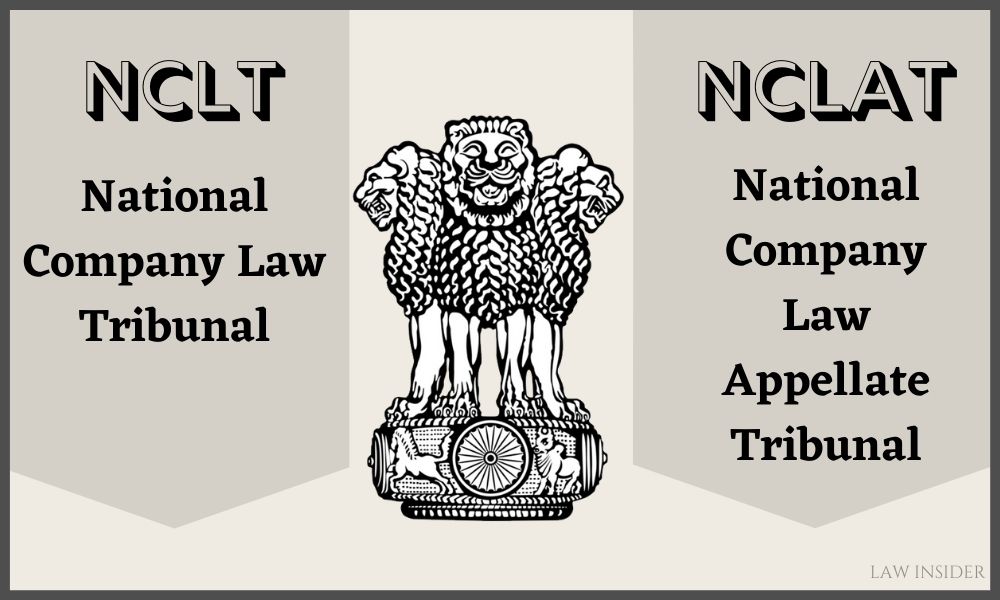
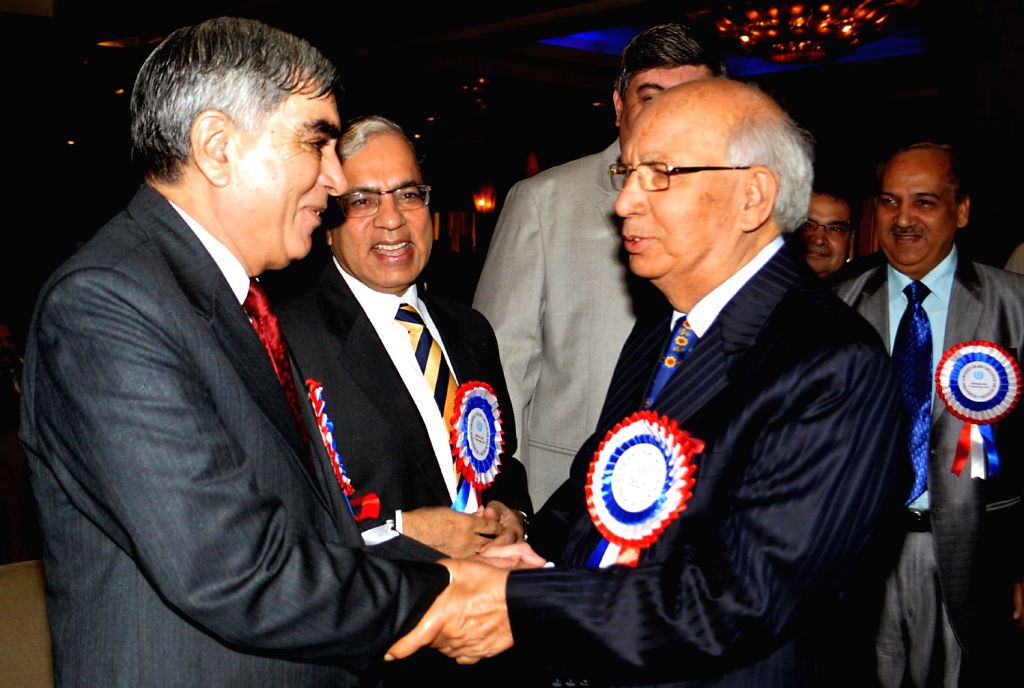
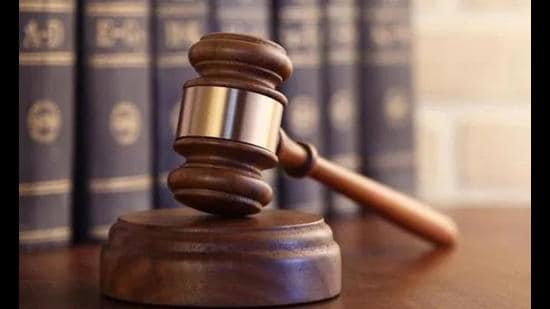






Comments (0)